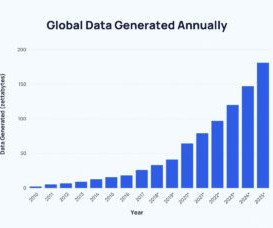Data Engineering Roadmap, Learning Path,& Career Track 2025
ProjectPro
JUNE 6, 2025
The first step is to work on cleaning it and eliminating the unwanted information in the dataset so that data analysts and data scientists can use it for analysis. That needs to be done because raw data is painful to read and work with. Knowledge of popular big data tools like Apache Spark, Apache Hadoop, etc.











































Let's personalize your content